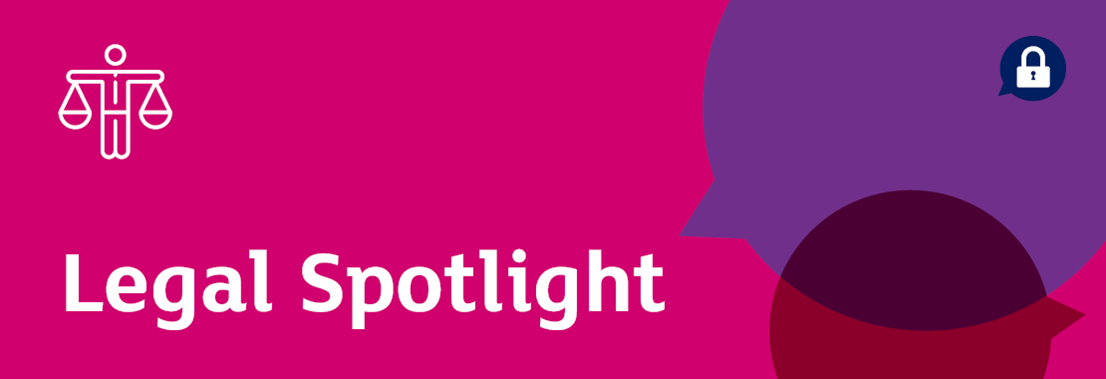
Essentials of health surveillance
Essentials of health surveillance
To avoid employees being made ill by their work, senior managers have roles and responsibilities. This article from Croner-i sets out the essential background information and advice needed to understand when a health surveillance programme is required and how to carry out health surveillance.
What is health surveillance?
Health surveillance means carrying out a series of regular checks on employees to:
- Establish a baseline of their health
- Ensure that their work is not adversely affecting them.
Health surveillance aims to provide early identification of potential ill health as a result of worker’s exposure to:
- • Hazardous substances such as asbestos or lead
- • Certain biological agents such as hepatitis B or C
- • Physical hazards such as noise, vibration or ionising radiation.
Senior managers then need to analyse the data to help them implement better controls to prevent the development or exacerbation of pre-existing conditions. For example, if workers are often exposed to noise levels above the daily or weekly upper action level of 85dB(A) and health surveillance data as measured via hearing tests indicates that worker’s hearing is gradually being negatively affected, then managers know that their current control .
RoSPA Member? Login to your MyRoSPA to continue reading or join today

Login to you MyRoSPA account
Login to MyRoSPA to have your say on these consultations
Login
| Join RoSPA
Become a member now
Become a member to access MyRoSPA to view more exclusive content
Join
RoSPA Member? Login to your MyRoSPA to continue reading or join today

Login to you MyRoSPA account
Login to MyRoSPA to view some more exclusive content
Login
| Join RoSPA
Become a member now
Become a part of the MyRoSPA team to view more exclusive content
Register